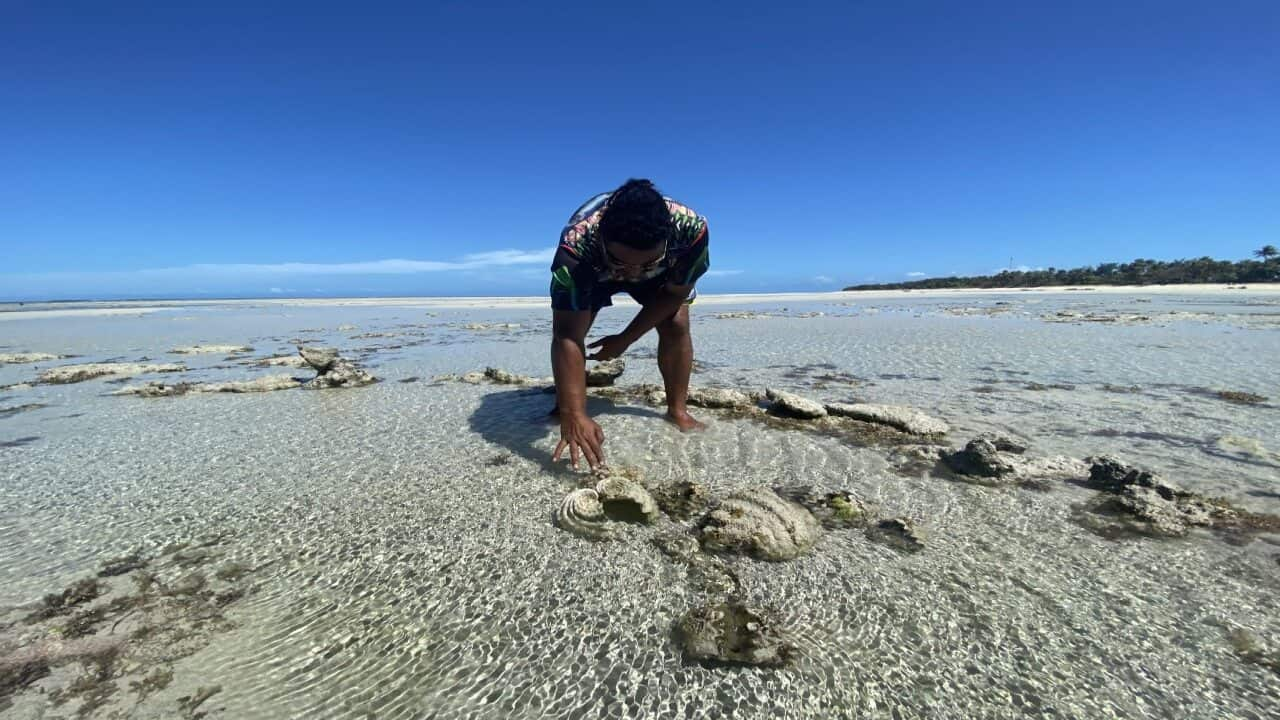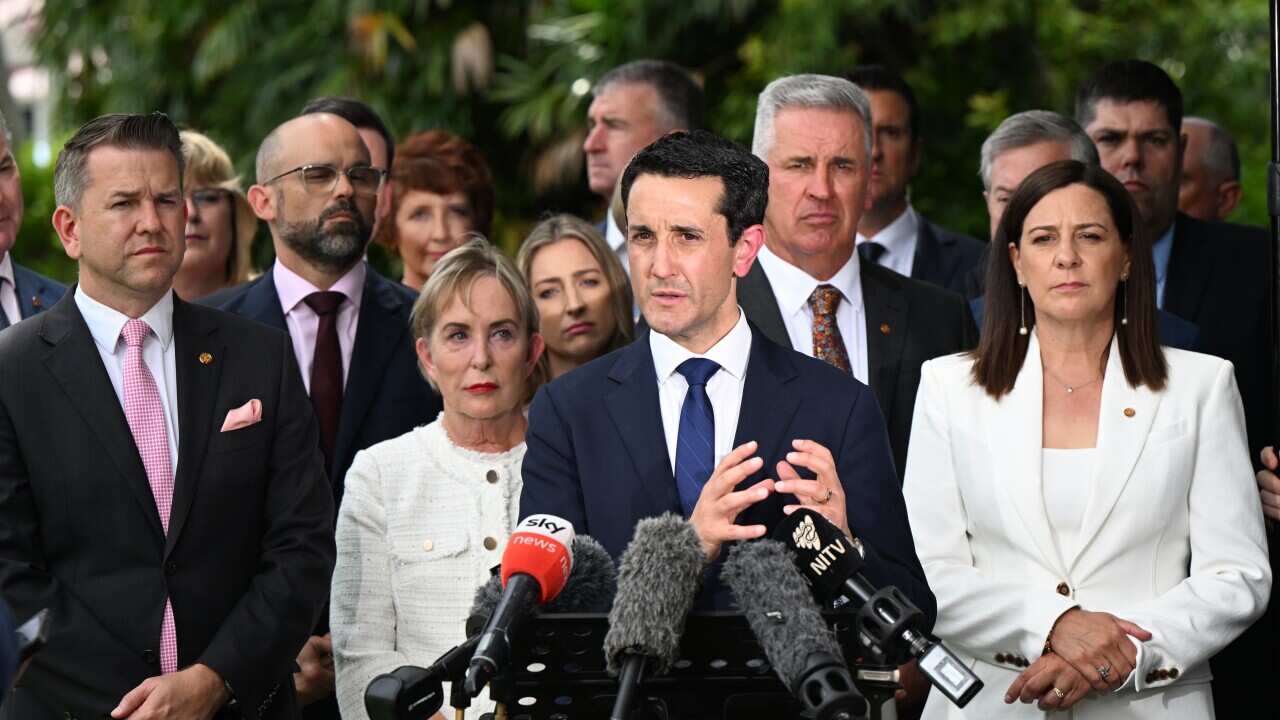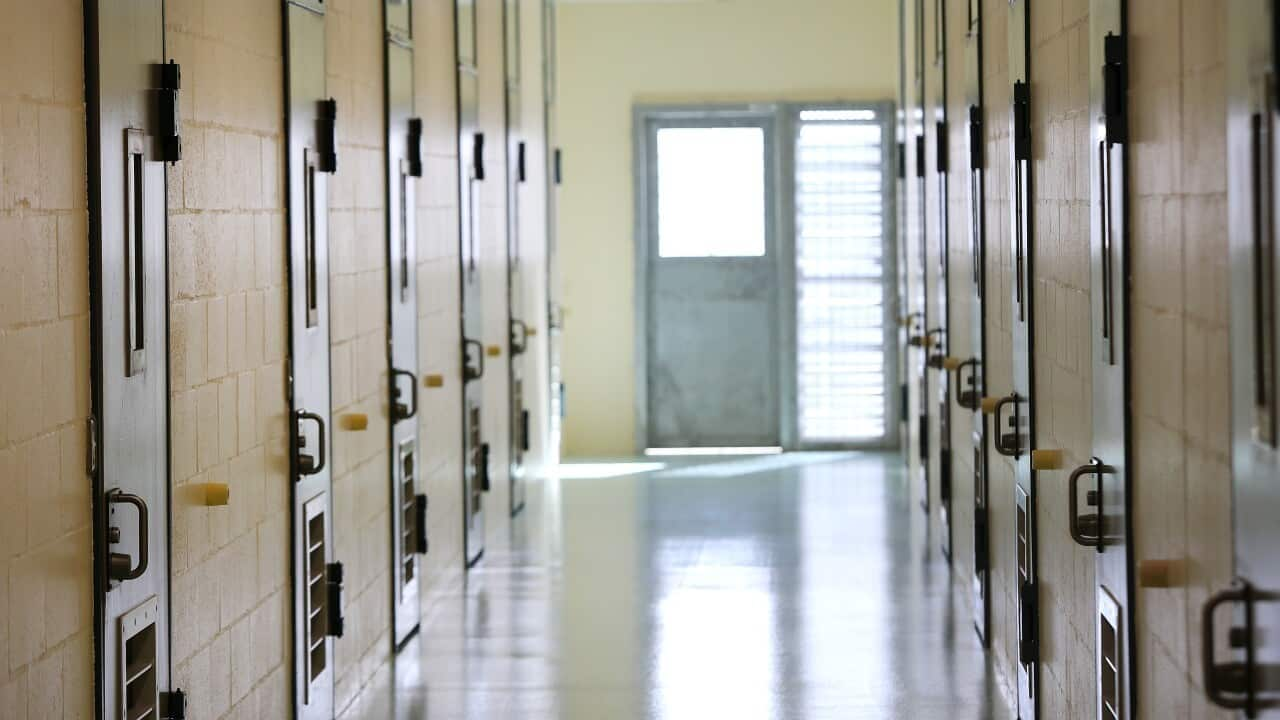Three years after the 'Torres Strait Eight' made a complaint to the United Nations Human Rights Committee, a ruling from the international body has seen the advocacy group vindicated.
The UNHRC found Australia's failure to protect Torres Strait Islanders against the impacts of climate change violated their right to practice their culture.
The group from Boigu, Poruma, Warraber and Masig made the claims in relation to a failure by the Morrison government to upgrade seawalls on the islands in the face of rising tides, and a lack of action to reduce greenhouse gas emissions.
UNHRC member Hélène Tigroudja said the win provides a blueprint for others to demand action on climate change via the legal system.
"The committee has created a pathway for individuals to assert claims where national systems have failed to take appropriate measures to protect those most vulnerable to the negative impacts of climate change on the enjoyment of their human rights," Ms Tigroudja said on Friday evening.
The committee found that despite the construction of seawalls on the four islands which are set to be completed next year, more needed to be done.
The UN has asked Australia to compensate the Islanders for harm suffered, to consult with them to assess their needs, and to take measures to secure the communities’ safe existence.

A group of Torres Strait Islanders has lodged an official complaint with the UN. Credit: ClientEarth
‘The village is celebrating’
The ruling has seen the Masig Island community rejoice.
“It is something very big for our future generations... to remain on their home, practice their culture and tradition as we have done for thousands of years,” said Masigilgal Traditional Owner and Torres Strait 8 claimant, Yessie Mosby.
“To have the opportunity to live freely without fear of climate change, and the impact of what we are facing at the moment – the village is celebrating.”
Mr Mosby hopes that federal government representatives will take up an invitation, originally extended to and rejected by former prime minister Scott Morrison, to visit the islands to witness the impacts.
The Islanders claimed changes in weather patterns have had direct and harmful consequences on their livelihood, culture and traditional way of life. Tidal surges have swallowed shorelines, while land degradation due to heavy rain and storms has reduced the food produced from fishing and farming.
On Masig Island, the rising sea has caused saltwater to seep into the soil and coconut trees to become diseased.
But the worst loss is a more personal one: the remains of the Islanders' Old People being lost to the rising ocean.
“This is where we are connected to our great-great-grandparents. Their remains are now being washed away,” said Mr Mosby.
“They were buried in the shoreline, they were buried inland... most of our loved ones have vanished now. We cannot see them, we cannot go and put flowers on their graves anymore.
“We lost them.”

Yessie Mosby fears his home and culture is at risk of vanishing. Source: NITV / Abbie O'Brien/SBS News
The push for Indigenous-led policy
The committee's decision demonstrated an international concern that policy should be led by Aboriginal and Torres Strait Islander people's solutions, the National Aboriginal and Torres Strait Islander Legal Service said.
Executive officer Jamie McConnachie said the government must commit to true partnership, accountability and delivering outcomes.
"We have a right to culture,” she said.
"What needs to be in reverence is the principle that culture is a strengthening agent and that should underpin the delivery of services, policy and legislation that affects Aboriginal and Torres Strait Islander People.
"There should be nothing about us, or our Country, without us.”
The Climate Council welcomed the ruling, with director of research Dr Simon Bradshaw saying the loss and damage experienced by Torres Strait Islanders "epitomises the injustice at the the heart of the climate crisis".
"Climate change undermines not only physical security but is a profound threat to culture and the deep connections of communities to their land and sea," he said.
"The Australian government must do everything it can to limit future harms by ensuring Australia's emissions plummet this decade, leaving fossil fuels in the ground and providing far greater support to communities in the Torres Strait with adapting to the impacts of climate change."











